Kathleen Folbigg has been called in many ways: a “baby killer”, “the worst mother of Australia” and even a “monster”.
But last Monday he was released thanks to a pardon after spending20 years imprisoned for the death of her four children.
LOOK: Unabomber dies: The fascination for the case of the gifted anarchist who for 17 years terrorized the United States.
The unprecedented decision follows one of the worst miscarriages in Australian historysay their lawyers. One that has put under scrutiny what experts call “unreliable and misogynistic” evidence, which helped convict her in 2003.
And it is that the case was plunged into a media frenzy and even saw Folbigg’s husband testify against his wife at the trial.
Ultimately, it was the defense of his friends and the new scientific findings from all over the world, including some Nobel laureates, which led to their freedom.
Re-examine original conviction
Folbigg, who has always maintained his innocence, has had a life haunted by trauma.
Before she was two years old, her father, who had a history of domestic abuseHe stabbed his mother to death. The following year, she wandered between relatives’ homes before finally being taken in by a couple in Newcastle, New South Wales.
LOOK: The Australian convicted of killing her 4 children who has been pardoned after 20 years in prison
All of this is something prosecutors would later use against Folbigg at her trial, arguing that she was predisposed to violence.
In 2003, it was sentenced to 40 years in prison for the murders of his children Sarah, Patrick and Lauraas well as for the manslaughter of his first son, Caleb.
The four children died suddenly between 1989 and 1999, having ages 19 days to 18 months. Prosecutors accused Folbigg of having suffocated them.
Calebwho suffered from mild laryngomalacia, a condition that affects breathing, he died in his sleep in 1989.
Diagnosed with cortical blindness and epilepsy, Patrick died shortly after as a result of a seizure.
Sarah and Laurawho had suffered respiratory infections, also They died in their cribs.
Folbigg’s sentence was later reduced on appeal to 30 years, but he lost a series of challenges against his sentences. A 2019 investigation of the case only gave more weight to the original circumstantial evidence used to imprison her.
But this week an investigation, led by retired Judge Tom Bathurst, concluded that there were reasonable doubts about Folbigg’s guilt.
New scientific evidence showed that their children could have died of natural causes due to incredibly rare genetic mutations.
The research was led by Carola Vinuesa, a professor of immunology and genomic medicine at the Australian National University. She first began investigating the case in 2018 amid growing concerns from medical experts.
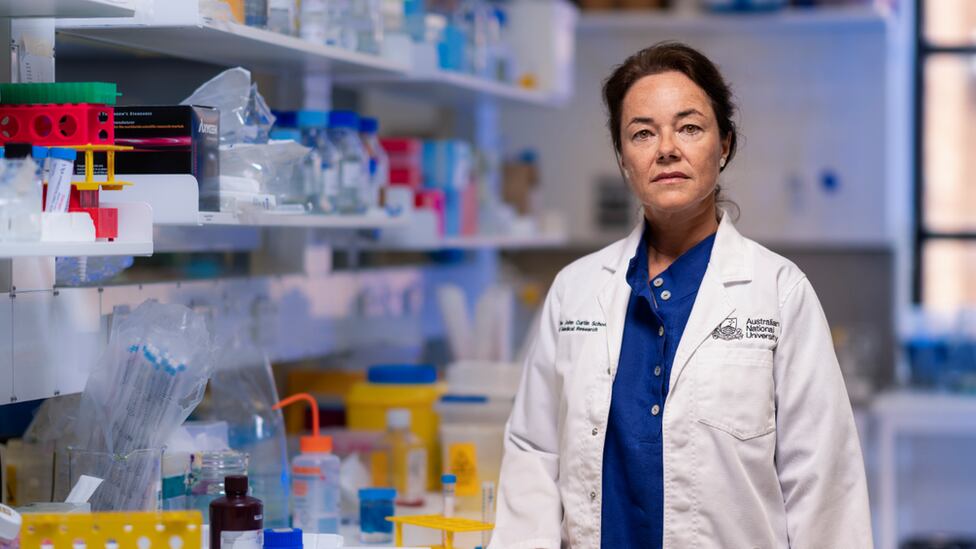
After sequencing Folbigg’s DNA, Vinuesa and his team created a genetic map, which they then used to identify mutated genes.
One of the most significant, known as CALM2 G114R, was detected in Folbigg and his two daughters. Surprisingly, research has linked it to a rare condition that occurs in one in 35 million people and that it can cause serious heart abnormalities.
This is because the CALM G1142R genetic variant even interferes with the passage of calcium ions into cells, ultimately stopping the heartbeat.
Vinuesa’s team’s investigation also discovered that Caleb and Patrick had a genetic mutation differently, related to sudden-onset epilepsy in mice.
The findings tipped the scales in Folbigg’s case, showing that the chances of her children dying from heart abnormalities in infancy They were alarmingly high.
A discredited theory and other flaws
It was the death of her daughter Laura in February 1999 that prompted the initial police investigation into the mother.
“My baby is not breathing,” she told emergency services at the time, speaking from her home in the rural town of Singleton.
“I’ve already had three kills by Sids [síndrome de muerte súbita del lactante]he continued, according to a recording later played at his trial.
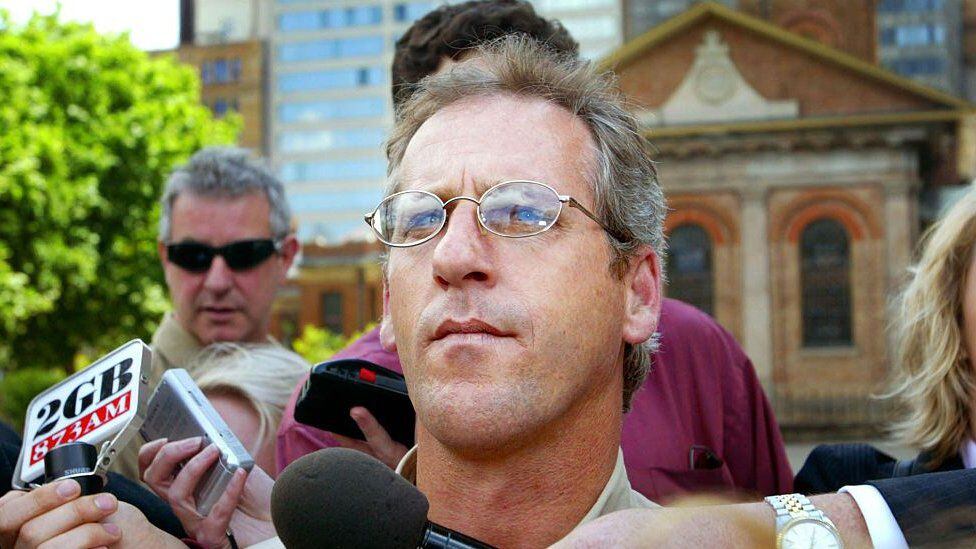
Laura’s death meant that Folbigg and her husband, Craig Folbigg, had lost all their children.
Although the husband was initially questioned and arrested as part of the investigation, soon began helping the police build the case against his wifehanding over his personal journals and testifying against him.
During the investigation of the 2019 case, he refused to provide a DNA sample requested by his wife’s defense. His lawyers say that to this day the man remains convinced of the guilt of his ex-partner.
The prosecution’s main argument in the 2003 trial was that it was statistically unlikely that so many of Folbigg’s children could have died accidentally.
In their argument, they cited a now widely discredited legal concept known as “Meadow’s Law”which maintains that “one sudden infant death is a tragedy, two are suspicious, and three are murders until proven otherwise.”
The principle is named after Roy Meadow, who was once described as the UK’s most eminent paediatrician. But his reputation fell rapidly after a series of wrongful convictions in cases based on his theory.
In 2005, the doctor was struck off the UK medical register for providing misleading evidence at the trial of Sally Clark, a lawyer who was found guilty and jailed for the 1999 murder of her two young children.
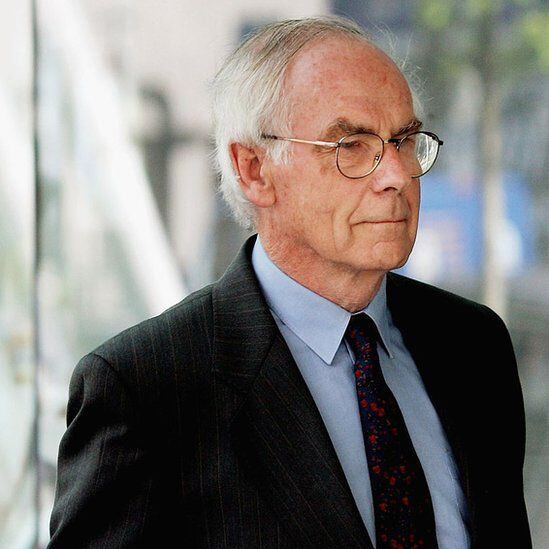
Clark’s conviction was overturned in 2003, but she never recovered from the trauma of her ordeal, according to relatives, and she died of acute alcohol poisoning in 2007.
Emma Cunliffe, a law professor at the University of British Columbia and author of a book examining the Folbigg case, says the Meadow Act was “widely challenged by medical research” since its inception, and “has always disagreed with the principle that the state bears the burden of proving the crime beyond a reasonable doubt.
Other failures of judgment
That was not the only failure in the case of folbigg.
The evidence used in the prosecution was entirely circumstantial, based on Folbigg’s diaries, which were never examined by psychologists or psychiatrists at trial, but did manage to show her as an unstable mother, prone to anger.
On a page, written in 1997, shortly after the birth of his daughter Laura, Folbigg wrote: “One day [ella] it will go. The others did, but this one doesn’t follow in the same way. This time I’m prepared and I know what signs to watch out for.”
At trial it was argued that this and similar comments were an admission of guilt. But in an investigation of the case in 2022, experts in psychology and psychiatry rejected this description.
“Regarding the diary entries, the evidence suggests they were the writings of a depressed mother, blaming herself for each child’s death, as opposed to admissions that she murdered or otherwise harmed them,” he said. NSW Attorney General Michael Daley in announcing Folbigg’s clemency this week.
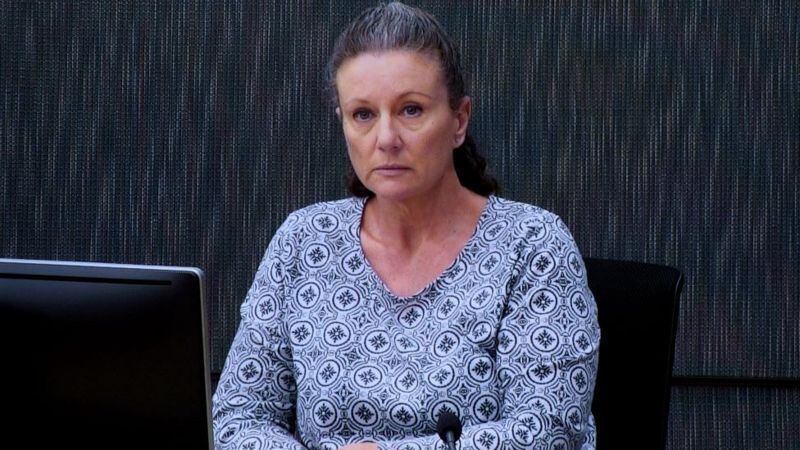
Professor Cunliffe argues that, in essence, Folbigg’s 2003 conviction was based on “casual misogyny” and “thinly concealed stereotypes about women”.
“Within a criminal case, when a mother is suspected of harming children, the notion of what constitutes good mothering becomes much more limited, so behaviors that are considered mundane are considered suspect,” she warns.
In his view, the prosecution used “discriminatory reasoning” to paint Folbigg as a suspiciously inept mother and thus present her as a murderer.
“They pointed to the fact that he left Sarah on Saturday mornings with relatives, to work a part-time job and earn more money for the household, as evidence that he did not love Sarah, did not want to take care of her, and therefore he was so capable of murdering her,” he says.
“First time I’ve slept well in 20 years”
In a video statement after her release, Folbigg said she was honored to have been pardoned, but he would “always mourn and miss” his four children.
She spent her first night out of prison eating pizza with her old friend. Tracy Chapmannwho had led the campaign to win Folbigg’s release.
“He slept in a real bed. In fact, he said it was the first time he had been able to sleep well in 20 years,” Chapman told reporters.
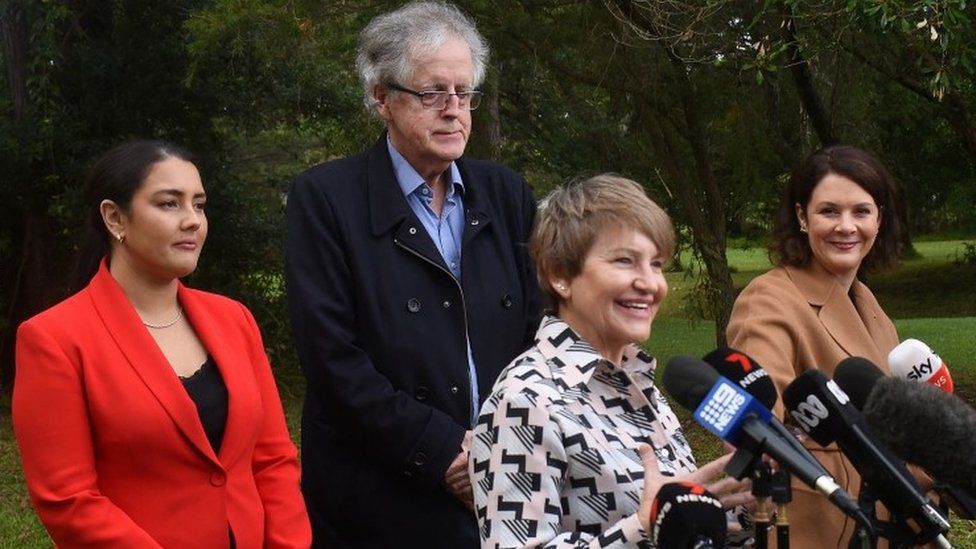
Although Folbigg received a pardon, their sentences standwhich means you still have a long way to go if you want to have them voided and seek compensation.
The first step will be for retired judge Tom Bathurst to submit a full report on the case, before forwarding it to the New South Wales Court of Criminal Appeal, which will have the final say.
“There is no good automatic process in Australia for assessing compensation issues in circumstances where wrongful convictions arise,” says Professor Cunliffe.
“Once again, Kathleen [Folbigg] will probably be forced to participate in an adverse proceeding to demonstrate its right to compensation”.
As for the domino effect of the case, experts argue that The pardon has shed light on how slow Australia’s legal system was to respond to new scientific findings.
“The question that must now be asked is how we create a system in which robust and emerging science can more easily support the justice system,” the Australian Academy of Sciences said in a statement this week.
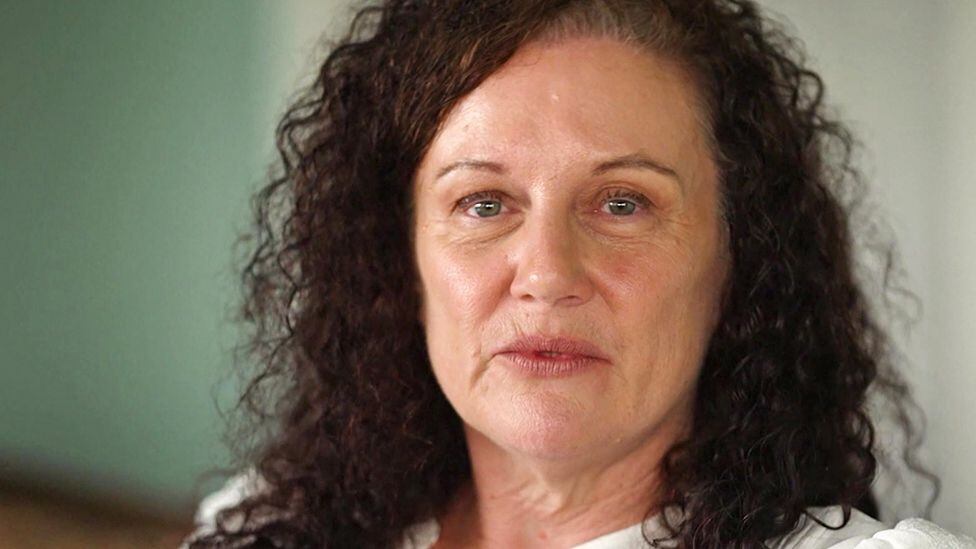
Source: Elcomercio
I am Jack Morton and I work in 24 News Recorder. I mostly cover world news and I have also authored 24 news recorder. I find this work highly interesting and it allows me to keep up with current events happening around the world.

:quality(75)/cloudfront-us-east-1.images.arcpublishing.com/elcomercio/UROPXVAOHZHS5DBJVFVMGQYNSI.jpg)





